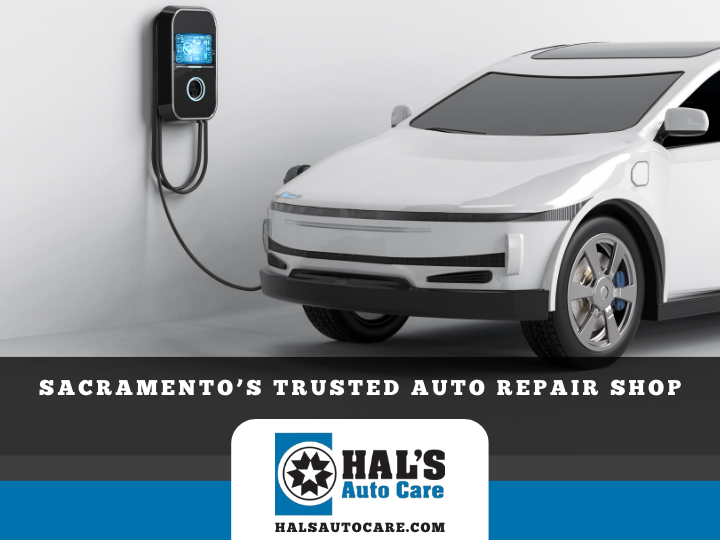Why does my car lose power while driving?
Why does my car lose power while driving?
Why does my car lose power while driving?
There are several potential reasons why your car might lose power while driving. Here are some
of the most common causes:
1. Fuel System Issues
● Fuel Pump Failure: If the fuel pump is failing, it may not be delivering enough fuel to the
engine, leading to a loss of power.
● Clogged Fuel Filter: A clogged fuel filter can restrict the flow of fuel to the engine,
causing a drop in power.
● Faulty Fuel Injectors: Dirty or malfunctioning fuel injectors might not be supplying the
right amount of fuel, which can lead to power loss.
2. Ignition System Problems
● Faulty Spark Plugs: Worn or fouled spark plugs can cause misfires, leading to a loss of
power.
● Ignition Coil Issues: A failing ignition coil can prevent the spark plugs from firing
properly, causing the engine to lose power.
3. Exhaust System Issues
● Clogged Catalytic Converter: A clogged catalytic converter can restrict exhaust flow,
causing the engine to lose power and perform poorly.
● Exhaust Leak: A leak in the exhaust system can lead to a loss of power and reduced
engine efficiency.
4. Air Intake Problems
● Clogged Air Filter: A dirty or clogged air filter can restrict airflow to the engine, leading
to reduced power.
● Mass Air Flow (MAF) Sensor Issues: If the MAF sensor is dirty or malfunctioning, it
may send incorrect air-fuel mixture data to the engine, causing power loss.
5. Transmission Problems
● Slipping Transmission: A slipping transmission can cause the engine to lose power,
especially when accelerating.
● Low Transmission Fluid: Low or old transmission fluid can lead to poor transmission
performance and power loss.
6. Electrical Issues
● Battery or Alternator Problems: A failing battery or alternator might not provide
enough electrical power to the engine, leading to power loss.
● Electrical Wiring Issues: Faulty or corroded wiring can cause intermittent power loss.
7. Engine Management System
● Sensor Issues: Malfunctioning sensors (like the oxygen sensor or throttle position
sensor) can cause the engine control unit (ECU) to deliver an incorrect air-fuel mixture,
leading to power loss.
● Check Engine Light: If the check engine light is on, it could indicate a problem with the
engine management system that's affecting power.
8. Mechanical Issues
● Timing Belt or Chain Problems: If the timing belt or chain is worn or misaligned, it can
cause the engine to run poorly and lose power.
● Low Compression: Low compression in the engine's cylinders can lead to a significant
loss of power.
9. Fuel Quality
● Contaminated Fuel: Using poor-quality or contaminated fuel can cause the engine to
lose power.
10. Overheating
● Engine Overheating: If the engine is overheating, it might go into a "limp mode" to
protect itself, reducing power output.
11. Turbocharger Issues (for Turbocharged Engines)
● Turbocharger Failure: A failing turbocharger can cause significant power loss in
turbocharged vehicles.
If you’re experiencing power loss while driving, it's advisable to have the car inspected by a
mechanic. They can run diagnostics to identify the exact cause and recommend the necessary
repairs.
https://youtu.be/vB7NwFT8MYU

















